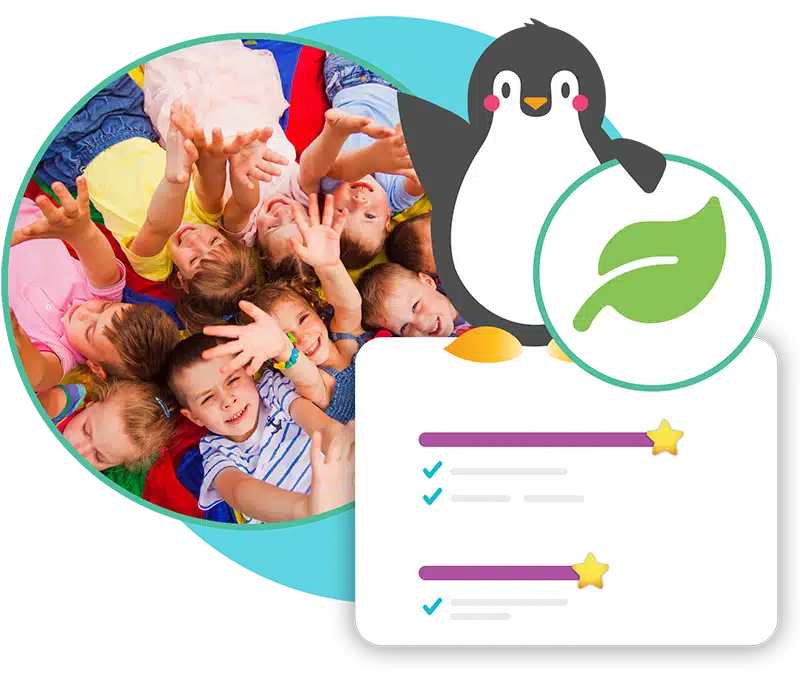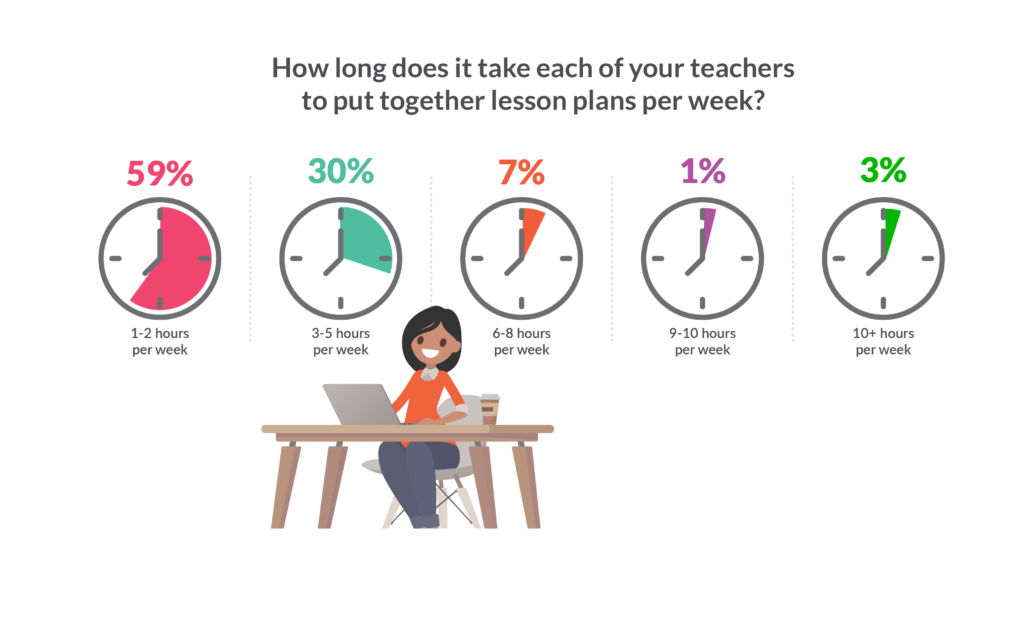
This blog was originally published in September 2023 and was updated Dec. 11, 2024 with new information. Onlooker play is a remarkable and often underrated stage of childhood development. It’s a window into a child’s world of observation, learning and building confidence.
Onlooker play is one of the stages of play that comes from Mildred Parten’s 1932 publication “Social Participation among Preschool Children.”
Parten defined six types of social play that are typical for children in different phases of child development. Children may progress through the stages at different rates, and the stages often overlap with each other with children exhibiting behaviors from more than one stage at a time.
Onlooker play in child care centers and daycares is a vital part of helping children develop.
Let’s take a closer look at onlooker play!
What is Onlooker Play?
After the age of about 2, kids begin to develop an interest in the activities of other children. This results in onlooker play, also known as spectator play, where they observe other children’s play without engaging in it themselves. During this stage, up to about 3 years old, children learn from other kids and begin to form the building blocks of socialization.
Examples of Onlooker Play
Children in this stage may ask questions or give requests while watching other children play, or simply observe. This is a good time to bring together kids in different age groups, as younger children in this phase often love watching and learning from older kids’ activities.
In spectator/onlooker play, you might see:
- One child asking another to mix and paint with a desired color
- A younger child waiting to be “served breakfast” from an older child at a play kitchen
- A child clapping when a peer’s toy hero “defeats” the bad guy

The Power of Observation
Onlooker play might seem like a passive activity, but it’s actually a crucial part of a child’s learning journey. When kids engage in onlooker play, they’re taking in a wealth of information from their surroundings. They’re like little detectives, absorbing social cues, behaviors and the rules of the game without actively participating.
Think of it as a crash course in social dynamics with loads of benefits. Children watch how others interact, how conflicts are resolved and how rules are established and followed. They’re essentially learning by osmosis, and this process helps them understand the world around them.
Building Confidence
One of the most interesting benefits of onlooker play is how it can boost a child’s confidence. By observing others, kids gain a sense of familiarity and comfort with different social situations. This can make it easier for them to join in later when they feel ready.
If a child watches his or her peers playing a game for a while, he or she is more likely to grasp the rules and the flow of the game. When the child finally decides to jump in, he or she will feel more confident and competent, thanks to prior observations.
The Introvert’s Playground
Onlooker play is often more common in introverted children, and that’s perfectly okay! Introverts tend to process information deeply and may prefer to take a step back before diving into new situations. Onlooker play provides them with the space to do just that.
Encourage children to take their time and engage at their own pace. Remember, everyone has their unique way of approaching social situations.
How to Nurture Onlooker Play
So, how can you support and nurture onlooker play in your daycare or child care center?
- Create a Safe Space: Ensure that children feel safe and comfortable in their environment. This will make them more open to observing and eventually participating.
- Model Social Skills: Children learn by imitating adults. Demonstrate good social skills such as taking turns, sharing and resolving conflicts peacefully.
- Ask Open-ended Questions: Encourage children to share their observations and thoughts. Ask questions like, “What do you think is happening over there?” or “How would you like to join the game?”
- Respect Their Pace: Avoid pressuring children to join in before they’re ready. Let them choose when and how to participate.
- Provide Opportunities: Offer various play environments and activities, both solo and group, to cater to different preferences and comfort levels.
How Developmentally Appropriate Assessments Can Help!

By nurturing and respecting onlooker play in your child care center, you’re helping children lay a strong foundation for future social interactions and self-confidence.
Remember that including play is an important part of lesson planning! The 2024 Child Care Management Software Industry Trends Report from Procare Solutions found that about 30% of survey respondents said each teacher spends between three and five hours a week doing lesson planning and a similar percentage noted their centers create their own curriculum.
At a time when cost savings rank as the biggest concern to child care programs, all-digital curriculum programs that include automatic updates (versus re-ordering sets of books and binders) typically are more affordable and easier to navigate.
The report also honed in on how much time teachers are spending on planning lessons:

Assessments also are a key part of ECE. A significant 74% of educators who responded to the Procare Solutions survey shared that they conduct regular natural observations of the children in their care, ensuring personalized attention and development tracking.
So the next time you see children quietly watching from the sidelines, remember that they’re actively engaged in their own unique way.
Developmentally appropriate play is an important part of how a child learns. And as children in your care grow, it’s vital that you track their developmental growth, which benefits your center and the children you serve.
Procare Solutions is the only provider of child care management software to offer proprietary early childhood assessments for children from birth to 5 years old.
Vine Assessments is an integrated framework (available to customers at no additional cost!) that gives early childhood educators a way to clearly articulate the growth and development of children in their care. Its assessments align with standards in all 50 states.
Teachers using Procare can tie their lessons and observations directly to the appropriate Vine Assessments indicator from the web-based software and Procare child care mobile app.
Download “Why Assessments Matter in Early Education,” a free eBook that will answer more of your questions and get you ready to include assessments in your child care program!



